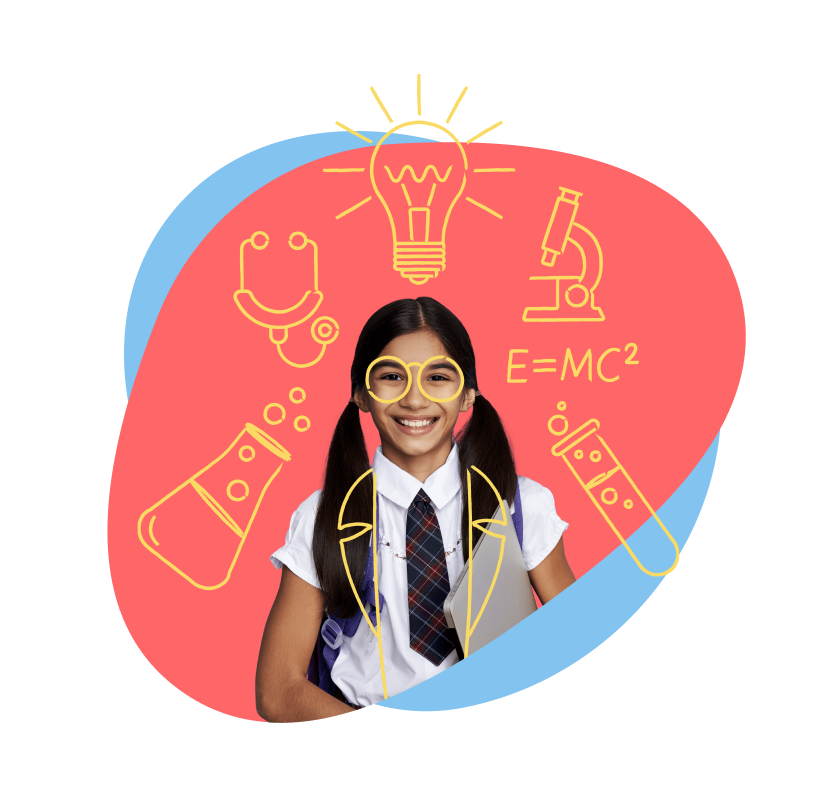Staying on track with studying can be a challenge, especially if there isn’t a test on the horizon. We’ve put together the Complete Study Guide to help you discover what type of learner you are and how to study smarter with study strategies for each of the different learning styles!
What Type Of Learner Are You?
Everyone studies and learns a bit differently. These are often called ‘learning styles’ or ‘learning preferences’. To find the study tips that will work best for you, it is helpful to think about how you prefer to learn and match your study techniques to your learning style.
Wondering what type of learner you are? Find out below!
How Many Types Of Learners Are There?
There are 4 main types of learning styles: Visual, Auditory, Reading/Writing and Kinesthetic. Most people use a mix of each, but there is usually one type of learning style they prefer. This can change depending on different circumstances – there is no one-size-fits all style of learning!
Remember that these learning preferences aren’t set in stone – a primarily visual learner can still successfully retain information from lectures and from hands-on activities.
Learn more about the different types of learners and their characteristics:
The 4 Different Types Of Learners




Most people use a combination of these learning styles, but many have a clear preference for one. Knowing and understanding the types of learning styles is important – once you know how you learn best you can start studying more effectively.
Quick Tips For Study Success
Now that you know what kind of learner you are, try these study tips!

Write it Down
Studies have shown that compared to laptop note-takers, students who take handwritten notes score higher on retention tests.
These results were even seen when the test was delayed by a week and all students were given additional study time. (Source – www.nj.com)
Fact: Writing out notes by hand while studying involves more areas of the brain and can help with retention. [Tweet This]

Study on the Go
Mobile technology has the potential to turn everyday idle time into productive learning. A study by StudyBlue.com found that 20% of respondents use their smartphones to study white commuting. (Source – www.facultyenlight.com)
Check out these on-the-go mobile apps: Bitsboard | Examtime
Fact: Mobile learners study 40 additional minutes each week by studying everywhere they go. [Tweet This]

Rewards
Set up a reward system for your study session. It’s important to make sure that rewards are small and frequent to keep you motivated.
Rewarding yourself after an entire chapter may be too much information to take in before a break and can be discouraging.
Fact: Study breaks that involve social media or tv can do more harm than good to your study session.
Turn academic challenges into success stories—find out how here.
The Complete Study Guide Video
Watch our video to find out which study strategies work best depending on your learning style.
The Complete Study Guide Infographic
Get the most out of your next study session! Check out our infographic for even more study tips for the different learning styles.





